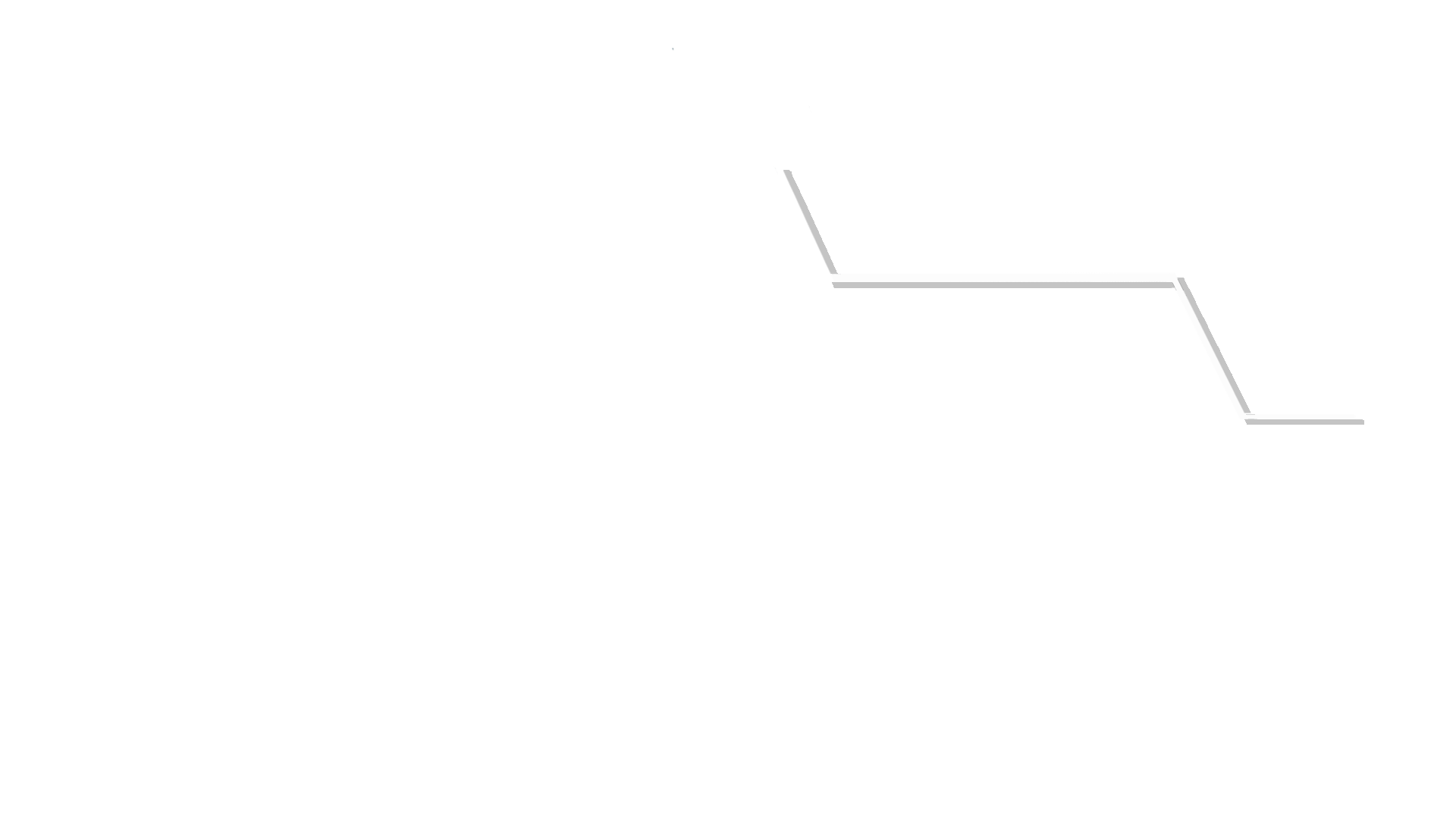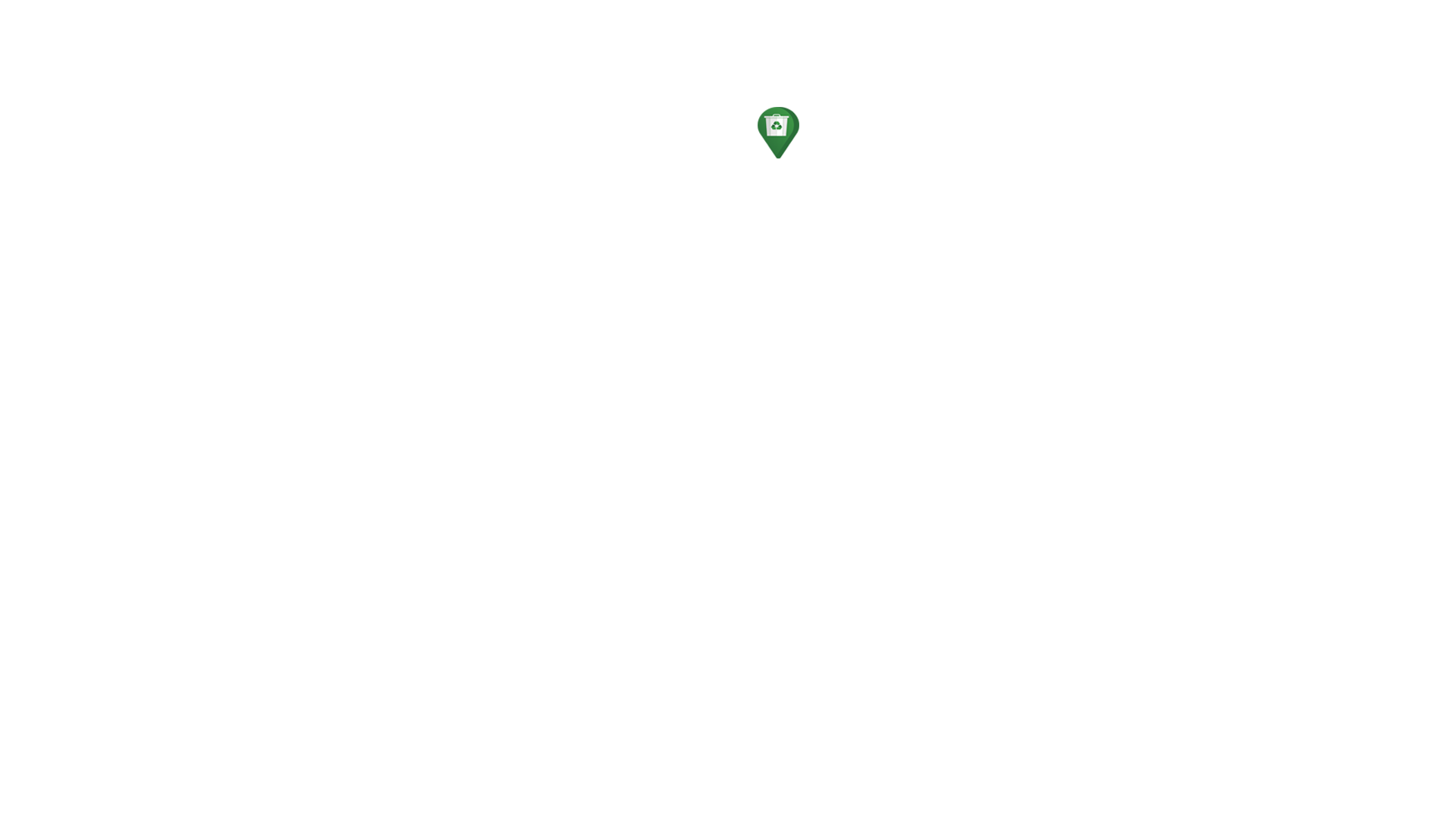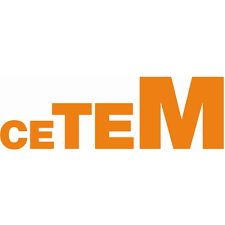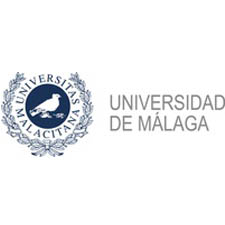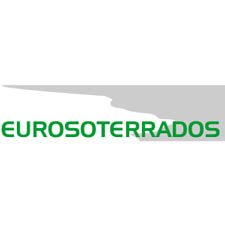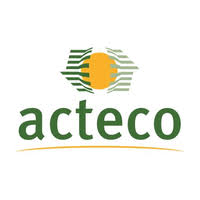Project description
The overall objective of the ECO-IoT project is to develop a waste management intelligent system targeted to the hotel and catering sector and based on IoT and machine learning with predictive capabilities. It will include a new container desing and aoptimised resources planning and management in the waste collection, as well as the environmental impact result of the whole process. environmental impact result of the whole process.
The hotel and catering sector uses the municipal containers. No waste recycling system has been hitherto implemented. Those containers are not adapted to the high volume of generated waste, neither are they large enough. Moreover, due to current regulation, they should manage their waste as any other company does and avoid using the municipal collection system. This project intends to offer an optimised technical solution to the mentioned recycling problem in this sector and meet current regulations.
Development of intelligent recycling containers for mainly plastic, metal, cardboard and glass waste. This container will include a waste compactor/grinder mechanism to to increase the capability and amount of waste to store.. The power supply system for such mechanism will be subject of study to reduce energy consumption as much as possible; solutions will be pursued in both electrical supply and manual feed.

The containers will be equiped with sensors capable of sending information on the fill level, weight and other waste characteristics inside the container. The sensors will communicate the collected data once in a while to optimise the lifespan of the batteries and reduce consumption as well as to avoid a data flooding of the system.
Data will be submitted to the server instantly so many times as it will be collected.
The main purpose of the waste management software is to optimise the necessary resources to carry out the waste collection,, resulting in the lowest associated cost. This software will manage the data received form the sensors (IoT central server), carry out forecast calculations about the fill in of the containers and generate an optimised route for the vehicles to collect the waste, depending on the available resources. Apart from this main goal, the project includes a set of secondary goals: minimisation of the distance covered by the collection vehicles, reduction of the number of vehicles needed to offer the service, reduction on the necessary time for the collection, maximización of the amount of collected waste, quality improvement of the service and collection of a great amount of data. This software will be developed with artificial intelligence techniques and will result in a very valuable tool to support the decisions of the professional who manages waste collection, as a circular economy modern initiative.

 Spanish
Spanish English
English
